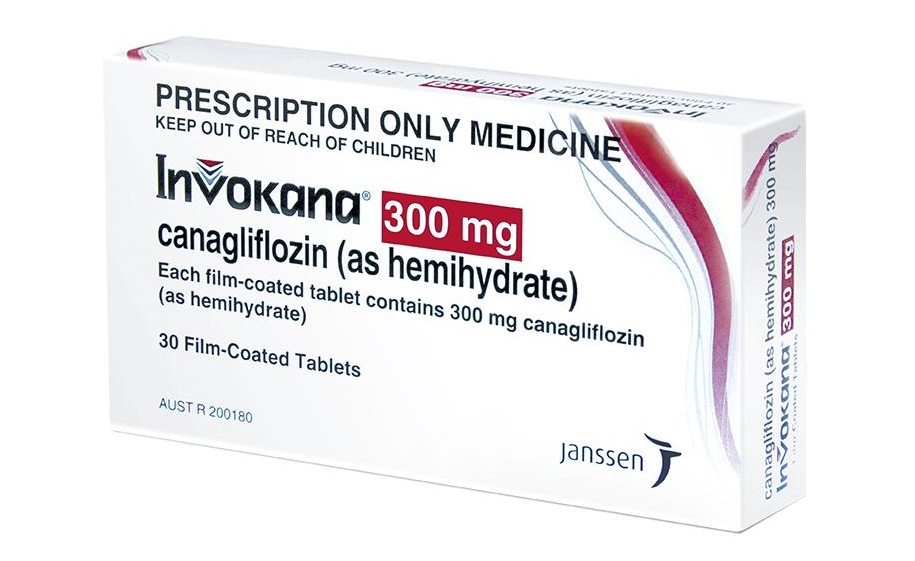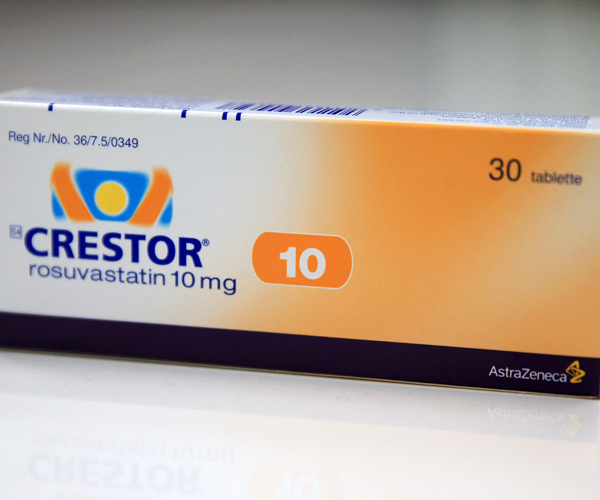WARNING! Diabetes And Canagliflozin: Doctors Report Incident Involving Diabetic Drug Canagliflozin And Severe Statin Toxicity With Rosuvastatin
Source: Diabetes And Canagliflozin Aug 09, 2020 5 years, 6 months, 1 week, 2 days, 4 hours, 3 minutes ago
Diabetes And Canagliflozin: A serious drug interaction between canagliflozin (Invokana) and rosuvastatin (Crestor) was thought to cause liver and muscle toxicity (myotoxoicty) in a female patient in Canada, according to a new published case report.

The case report was published in the medical journal:
Annals of Internal Medicine as reported by Dr David Juurlink, MD, PhD, of Sunnybrook Health Sciences Centre in Toronto, and colleagues.
https://www.acpjournals.org/doi/10.7326/L20-0549
The affected patient was a 76-year-old woman who had been on rosuvastatin 40 mg daily for more than 5 years. Fifteen days after starting treatment with canagliflozin 100 mg daily, she presented to the hospital with new-onset muscle pain and difficulty walking. Her bilateral thigh pain and weakness, first noticed 3 days after starting canagliflozin, had gradually progressed and spread to the upper extremities.
Detailed laboratory results showed rhabdomyolysis, hepatocellular injury, a thyroid-stimulating hormone concentration of 6.82 mIU/L, a creatinine concentration of 194 μmol/L, and no C-reactive protein, antinuclear antibodies, or antibodies directed against extractable nuclear antigens.

Dr Jurlink reported, "The blood plasma rosuvastatin concentration on admission was 176 ng/mL, which is more than 15-fold higher than the mean value expected in patients receiving 40 mg per day.”
The patient stopped both rosuvastatin and canagliflozin and received IV crystalloid fluids in the hospital. Over the next few days, her muscle pain subsided and her weakness gradually improved. Upon discharge 10 days after admission, she could walk with a walker and had near-complete normalization of all laboratory abnormalities.
Dr Jurlink and his collegues Dr Richard B Kim and Dr Eugene Brailovski said, "We speculate that, in our patient, the addition of canagliflozin enhanced intestinal rosuvastatin absorption, inhibited its hepatocellular uptake, and impaired its excretion into bile canaliculi and the proximal tubule, resulting in rosuvastatin accumulation and leading to hepatotoxicity and myotoxicity.”
They warn that physicians should watch out for features of such toxicity when canagliflozin and rosuvastatin are co-prescribed.
Dr Jurlink added, "To our knowledge, this is the first published report of a drug interaction between rosuvastatin and canagliflozin. The possibility of such an interaction is important because these drugs are taken by millions of patients worldwide and are increasingly prescribed together,"
Janssen pharmaceuticals’ diabetic drug Canagliflozin is approved for glycemic control, cardiovascular prevention, and renal prevention in type 2 diabetes. Janssen is a division of Johnson and Johnson.
The novel SGLT2 inhibitor lowers blood glucose by blocking reabsorption of glucose by the kidney, increasing glucose excretion directly into urine.
US FDA reviewers have previously warned o
f renal and fracture risks associated with the drug.
Interestingly, an FDA boxed warning has appeared on canagliflozin products since the post-marketing cardiovascular outcomes trial CANVAS showed an uptick in leg and foot amputations among users.
Other physicians are now asking that "Additional clinical information would be helpful to understand the relationships between drug initiation and the abnormal liver and renal function."
It should be noted that formal pharmacokinetics studies have been performed with canagliflozin and simvastatin without showing any drug-drug interactions,
Also no statin-canagliflozin interactions were found either in the large CANVAS and CREDENCE clinical trial programs .
The female patient in the case report had a medical history that included coronary artery disease, stage 3B chronic kidney disease, and type 2 diabetes. Besides rosuvastatin and canagliflozin, she had been on bisoprolol, aspirin, metformin, L-thyroxine, and risedronate.
Further pharmacogenetic analysis revealed that the patient is heterozygous for a polymorphism in the ABCG2 gene for breast cancer resistance protein, which reduces intestinal absorption while enhancing biliary and renal elimination.
Significantly a previous in vitro study had found canagliflozin to be both a substrate for and competitive inhibitor of breast cancer resistance protein, according to Dr Jurlink and his colleagues.
Patients currently on both medications are advised to consult their doctor immediately as a precautionary measure.
For more on
Diabetes And Canagliflozin, keep on logging to Thailand Medical News.

